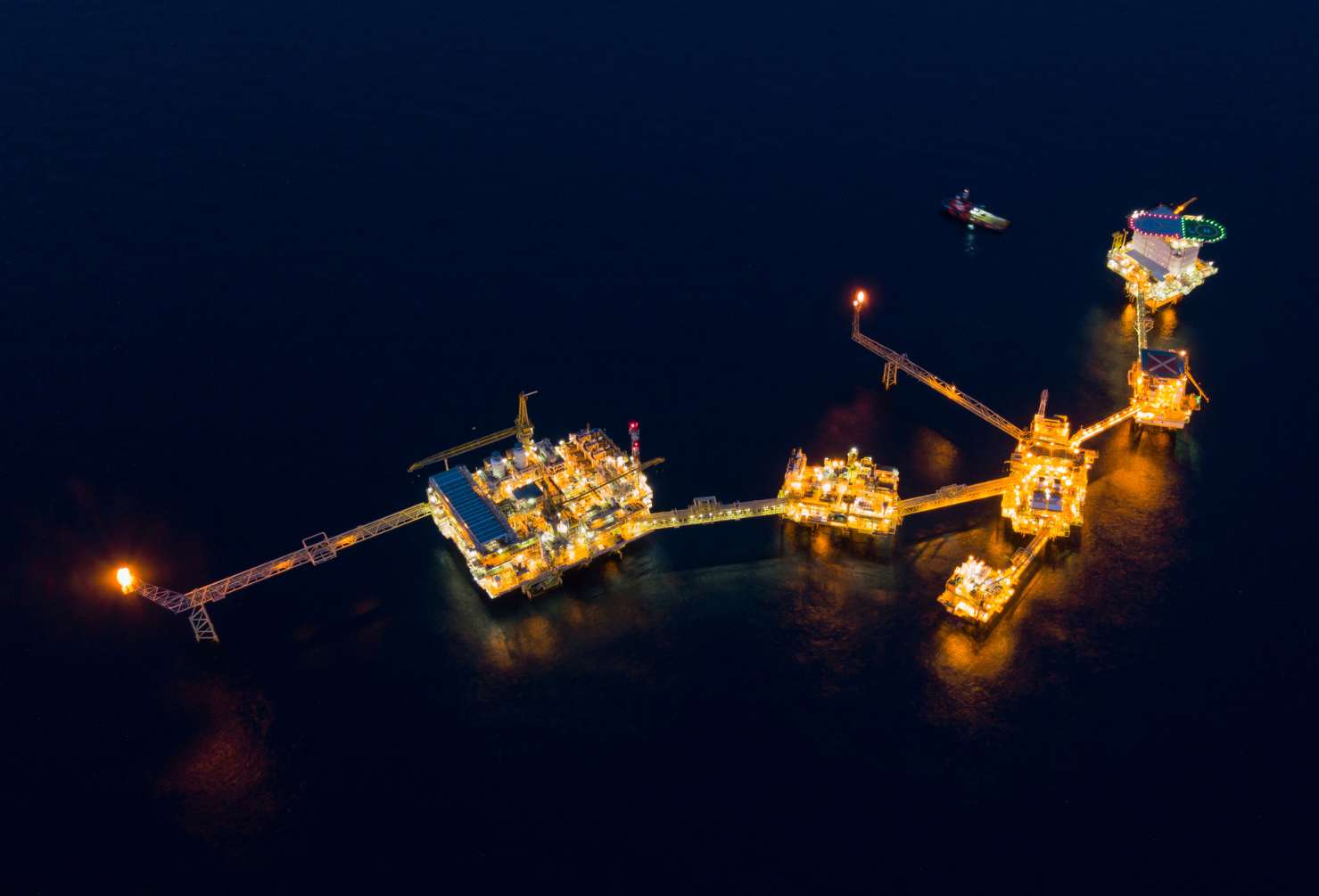
The oil and gas industry in Australia is a dynamic and evolving sector that offers a wealth of opportunities for engineers. As the industry adapts to new technologies, environmental challenges, and changing market conditions, engineers must proactively manage their careers to stay competitive and advance in their field. This blog explores effective career development strategies for engineers working in Australia’s oil and gas industry, focusing on upskilling, networking, leadership development, and leveraging emerging opportunities.
The Evolving Career Landscape in Oil and Gas
The oil and gas industry is undergoing significant changes, driven by several key trends:
- Technological Innovation: Digitalisation, automation, and the use of advanced data analytics are transforming operations. Engineers are increasingly required to develop new digital skills and adapt to technology-driven environments.
- Energy Transition: As the world moves towards cleaner energy sources, there is a growing emphasis on sustainability and reducing carbon footprints. Engineers are needed to develop and implement technologies that support the transition to renewable energy and improve the environmental performance of oil and gas operations.
- Decommissioning and Site Remediation: Many of Australia’s oil and gas assets are nearing the end of their operational life, creating demand for engineers skilled in decommissioning and site remediation projects.
Globalisation and Competitive Pressures: The industry is becoming more globalised, with increasing competition for talent and resources. Engineers must be prepared to work in diverse environments and adapt to different market conditions.
Key Career Development Strategies
To thrive in this evolving landscape, engineers need to adopt a proactive approach to career development. Here are some key strategies to consider:
1. Upskilling and Continuous Learning
In a rapidly changing industry, continuous learning is essential for career advancement. Engineers should actively seek opportunities to upskill in areas that are in demand, such as digital technologies, environmental management, and project management. Online courses, workshops, and certifications can provide valuable knowledge and help engineers stay ahead of the curve.
For example, courses in data science, machine learning, and programming languages like Python and R can equip engineers with the skills needed to work with digital tools and technologies. Similarly, certifications in environmental management, such as the Certified Environmental Practitioner (CEnvP) programme, can enhance an engineer’s credentials and open up new career opportunities.
2. Networking and Professional Engagement
Building a strong professional network is crucial for career development in the oil and gas industry. Engineers should actively participate in industry conferences, seminars, and professional bodies, such as Engineers Australia or the Society of Petroleum Engineers (SPE). Networking provides access to the latest industry trends, knowledge, and job opportunities and allows engineers to build relationships with potential employers, collaborators, and mentors.
Networking can also provide valuable insights into emerging trends and opportunities. Engaging with peers and industry leaders can help engineers stay informed about new projects, technologies, and best practices, as well as gain exposure to different perspectives and ideas.
3. Gaining International Experience
With the global nature of the oil and gas industry, international experience can be a valuable asset for career development. Engineers who have worked on projects in different regions bring diverse perspectives and can demonstrate adaptability and cultural competence—qualities highly valued by employers.
To gain international experience, engineers should consider opportunities to work on overseas assignments, participate in international projects, or collaborate with global teams. This experience can provide exposure to different market conditions, regulatory environments, and engineering practices, enhancing an engineer’s skills and career prospects.
4. Developing Leadership and Management Skills
As engineers advance in their careers, developing leadership and management skills becomes increasingly important. Many engineering roles require the ability to lead teams, manage projects, and make strategic decisions. Engineers should seek opportunities to develop these skills through training programmes, mentorship, and hands-on experience.
Leadership development programmes offered by professional bodies and universities can provide valuable training in areas such as project management, strategic planning, and team leadership. Engineers can also gain leadership experience by taking on roles such as project manager, team leader, or mentor within their organisations.
5. Exploring Emerging Opportunities
Engineers should stay informed about emerging opportunities in the industry, such as decommissioning, renewable energy integration, and digital transformation. These areas offer new career paths and growth opportunities for engineers willing to adapt and innovate.
For example, decommissioning projects require specialised skills in dismantling infrastructure, managing waste, and restoring sites to their natural state. Engineers with experience in environmental management, civil engineering, and project management are well-suited for these roles. Similarly, engineers with skills in renewable energy systems, such as solar, wind, and hydrogen, are in demand as the industry diversifies into cleaner energy sources.
6. Leveraging Mentorship and Coaching
Mentorship and coaching can be invaluable for career development. Engineers should seek guidance from experienced professionals who can provide insights into the industry, offer advice on career progression, and help navigate challenges. Mentorship can also provide access to networks and opportunities that may not be available otherwise.
Many organisations offer formal mentorship programmes, pairing engineers with senior professionals who can provide guidance and support. Engineers can also seek informal mentorship relationships by reaching out to industry leaders, participating in professional networks, and attending industry events.
7. Adapting to a Changing Work Environment
The oil and gas industry is becoming more flexible and diverse, with remote working, digital tools, and cross-functional teams becoming more common. Engineers should be prepared to adapt to this changing work environment, embracing new ways of working and collaborating with colleagues from different disciplines and locations.
Flexibility and adaptability are key to thriving in this environment. Engineers should be open to taking on new roles, working in different locations, and exploring new technologies and methodologies. This adaptability can help engineers stay competitive and advance their careers in a dynamic and evolving industry.
The oil and gas industry in Australia is a dynamic and evolving sector that offers a wealth of opportunities for engineers. By adopting a proactive approach to career development, focusing on upskilling, networking, leadership, and exploring emerging opportunities, engineers can position themselves for success in this competitive industry. As the sector continues to evolve, engineers who are willing to adapt, innovate, and embrace new challenges will find themselves well-positioned to thrive and advance in their careers.





